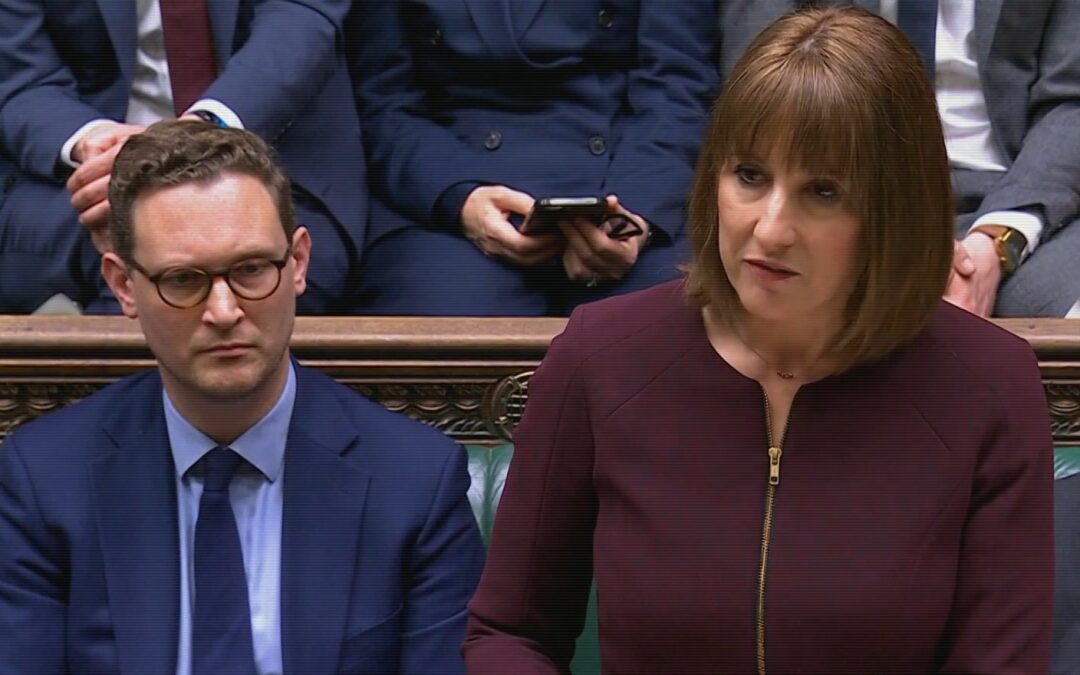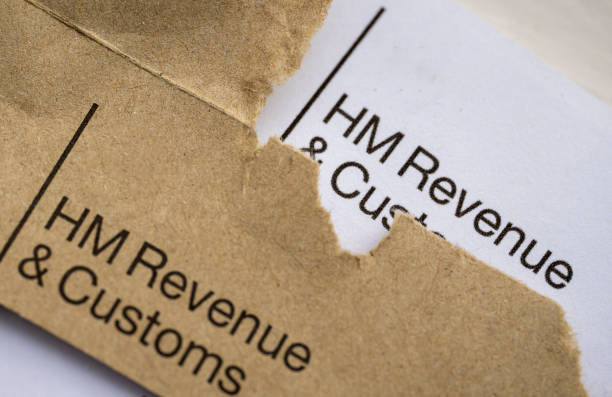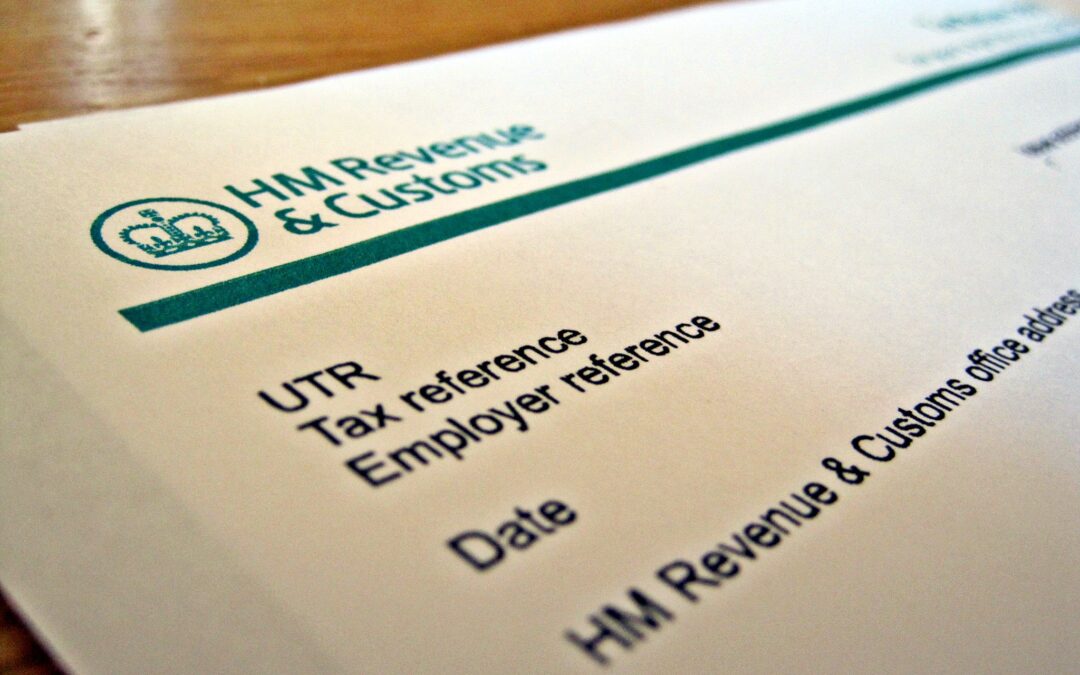
by Mike Lewis | May 23, 2025
Previously we found that HMRC is hardly using powers to investigate, penalise and publicise tax advisers who enable tax abuse. Here we look at why these powers aren’t being used: a barrage of legal roadblocks; and holding back on naming and shaming. *** When tax...

by Claire Aston | Mar 26, 2025
Photo credit: HM Treasury HMRC’s target for prosecution ‘charging decisions’ to be set 20% above the rates achieved in 2023-24. These rates have collapsed since pre-pandemic. It will be 2029 before HMRC’s target returns to the rate achieved in 2019-20 – a lost decade,...

by Simon Watkins | Feb 12, 2025
Tax evasion cost UK taxpayers £5.5bn in 2022-23, with 81% from small businesses – up from 66% in 2019-20 Prosecutions for tax evasion down 54% since 2018-19 Phoenixism cost the exchequer at least £500 million in 2022-23 HMRC lacks a specific strategy for...

by Simon Watkins | Feb 10, 2025
A National Audit Office report released today focuses on the administrative cost of the tax system. The report finds that HMRC’s costs of administering the tax system increased by 15% (£563 million) between 2019-20 and 2023-24. The report focuses on several...

by Claire Aston | Feb 5, 2025
Over 1.1m of UK taxpayers miss the deadline for submitting their self-assessment return deadline for 2023/24 of 31 January 2025 Automatic £100 late filing penalty automatically due, rising to £300 if the return remains outstanding by end of April Penalty is charged...

by Claire Aston | Jan 30, 2025
Photo credit: Sky News The Labour government’s recent announcement at Davos of changes to their (non UK domiciled) ‘non-dom’ policy marks a significant retreat from one of their few concrete tax commitments. Speaking at the World Economic Forum, Chancellor...







